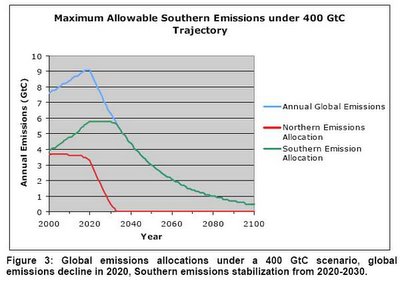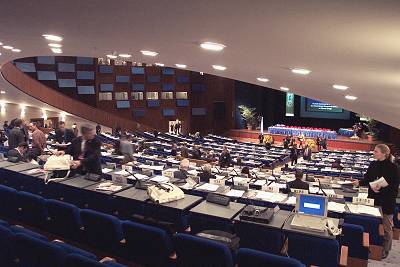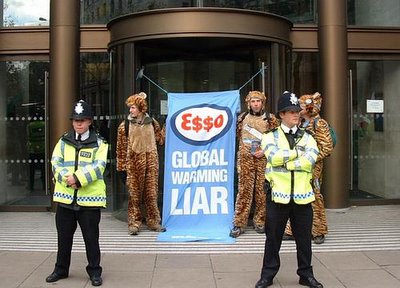Alternatives to Slash and Burn (150MB Video)
"This book is a synthesis of the first decade of research by ASB partners and collaborators from 26 different countries, featuring work by 76 individuals including:
- soil scientists
- economists
- ecologists
- anthropologists
- foresters
Jeffrey D. Sachs, Director of the Earth Institute of Columbia University and Special Advisor to the UN Secretary General, applauds this new publication as a "remarkable volume addressing the sustainable management of tropical forests with unstinting sophistication, moving the analysis beyond clichés to the true complexities of the challenge." "
The reason for my interest in this book is the number of overlapping challenges it pursues, and the fact it represents 10 years of work by some very interesting people. Deforestation is responsible for the second largest flux of carbon into the atmosphere behind only fossil fuel usage. The process of deforestation also represents a huge destruction of biodiversity. The way in which this land is then managed can mitigate this loss of diversity, it can also prevent some of the enormous loss of carbon associated with agricultural utilisation and most importantly, suitable systems can tie up labour, increase prosperity and slow the spread of deforestation.
This is all facinating stuff but as Climate Change Action is the title of this website hopefully a few of you will be asking, what can i do about this problem? Well you could always sponsor the protection of a few acres of forest. Someone from the "Rain Trust" just subsribed to e-mail updates from my blog (hello there) and this site allows you to actually do something about the problem. Go on, buy one less household appliance, stay in for one night...buy a few acres of forest and help save the planet!
Labels: deforestation

Home




















